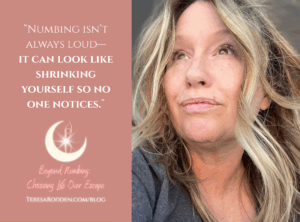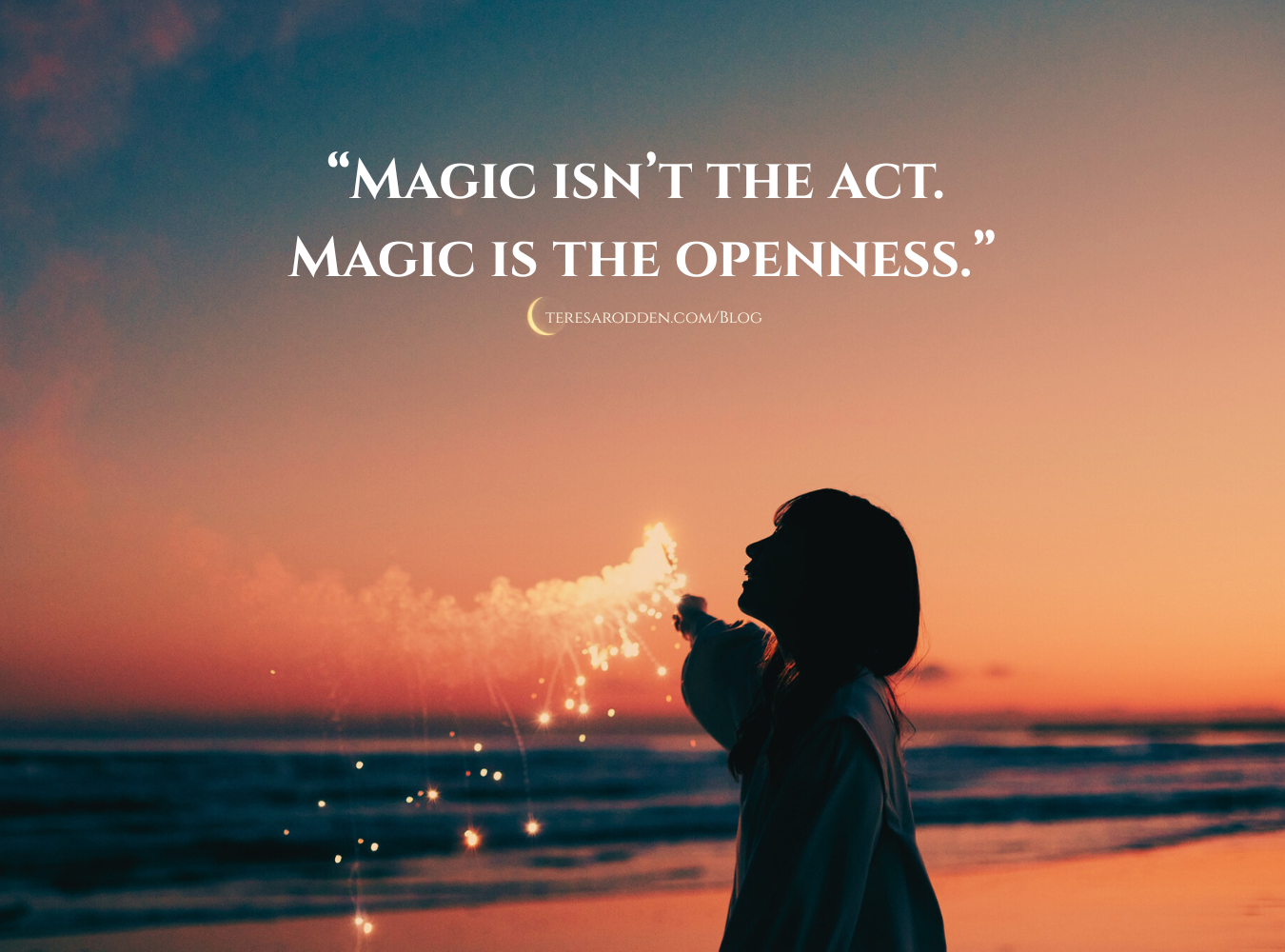Beyond Numbing: Choosing Life Over Escape
Let’s talk about numbing.
It’s a phrase often used in recovery circles, but the truth is—it should never be limited there. Numbing is something far more universal. It’s what happens when we try to shut down our feelings, silence our thoughts, or escape what feels too heavy to carry.
When we numb, we disconnect from life. Nothing grows. We become like a plant that’s root-bound—contained, stuck, and unable to stretch into the light.
What Does Numbing Look Like?
Numbing can take many forms:
- Alcohol and drugs
- Food and sugar
- Overworking or oversleeping
- Endless scrolling or binge-watching
- Shopping, gambling, or perfectionism
But numbing isn’t always obvious. Sometimes it’s quiet.
It looks like shrinking so no one notices you.
It feels like wanting to hide until you “feel better.”
It whispers: disappear until it’s safe.
And yet, waiting in the dark rarely brings relief. We feel better by moving forward, not by disappearing. Even the smallest step into the light creates more healing than hiding ever could.
Alcohol Isn’t the Problem
I haven’t had a drink in over twenty-two years. My husband, who also hasn’t had a drink in decades, used to cycle in and out of AA for most of his adult life—until he met me. Together, we stopped focusing on alcohol and started pursuing life:
- How do we want to live?
- Who do we want to be?
- What kind of legacy do we want to leave?
That shift of attention changed everything.
Because here’s the truth: alcohol works. So does sugar. So does zoning out with a TV show or burying yourself in work. If alcohol or food were really the problem, then removing them would solve everything. But it doesn’t. That’s why many people quit drinking but still feel miserable, a state sometimes called a “dry drunk.”
The substance or behavior is only the symptom. The deeper issue is the pain—or the emptiness, the insecurity, the disconnection—that made numbing feel necessary in the first place.
The Consequences of Numbing
Numbing might feel like a survival strategy, but the cost is steep:
- Dreams shrink.
- Curiosity dims.
- Relationships become shallow.
- Insecurities grow louder.
And perhaps most painfully, we forget who we really are.
My Own Patterns
Even after decades without alcohol, I still notice other ways I try to numb. For me, it often shows up with food, especially sugar. It usually surfaces when I feel insecure—when I’ve lost my sense of direction.
I don’t always need to know the final destination in life, but I do need a sense of movement toward something meaningful. If I can’t dream, I feel untethered. That’s when numbing feels most tempting.
But instead of labeling that a “food addiction,” I see it as a coping issue—a signal that I need more support, structure, or clarity. Sometimes we just need help moving through challenging times.
The Hope Beyond Numbing
Here’s the invitation: instead of focusing on what you need to quit, what if you focused on what you want to live for?
Ask yourself:
- How do I want to feel?
- Who do I want to become?
- What kind of life do I want to create?
When you start to answer these questions, the need to numb begins to fade. Not because you forced yourself into willpower, but because you’ve shifted your focus from escape to expansion.
Overcoming the desire to numb is where freedom lives.
You’re Not Done Growing
People talk about “rock bottom” as if it’s the end of the story. But how can you ever really know? As long as you’re alive, there’s still growth available. Still lessons. Still opportunities to reconnect with your light.
Numbing doesn’t have to be your story. Choosing life—choosing presence, curiosity, and growth—can be.
A Place to Remember Your Light
If these words resonate with you, you’re not alone. That’s why I created the Return to Light Gathering—a space for women to come together, not to fix themselves, but to remember themselves.
We meet online, heart to heart, to explore what it means to live with more light, more meaning, and less numbing. There’s no program to follow and no labels required—just curiosity, conversation, and connection.
If you’d like to join us, you can learn more by clicking on this [link].
You are so loved. And you are capable of so much more than numbing. Your life, your dreams, your light—it’s all waiting for you.

Teresa Rodden Return to Light with Shadow Love
About Teresa Rodden
Teresa Rodden is a coach, author, and guide for women in their prime who are ready to stop numbing, start feeling, and live with purpose. Through her signature message, Love Yourself Back to Light, and her newest body of work, Shadow Love, Teresa helps women embrace every part of themselves — even the dark places — as essential to their brilliance.
Her work is about more than “fixing” what’s wrong; it’s about returning to truth, rewriting limiting narratives, and allowing the shadow to teach you how to shine. Whether through her writing, coaching programs, or live workshops, Teresa invites women to explore with curiosity, meet themselves with compassion, and reclaim the power of their own story.
Connect with Teresa on Instagram @i_am_teresarodden or learn more at TeresaRodden.com.




